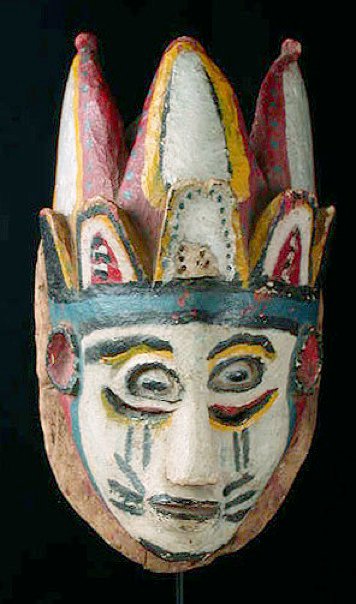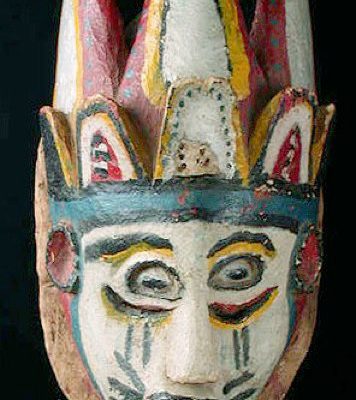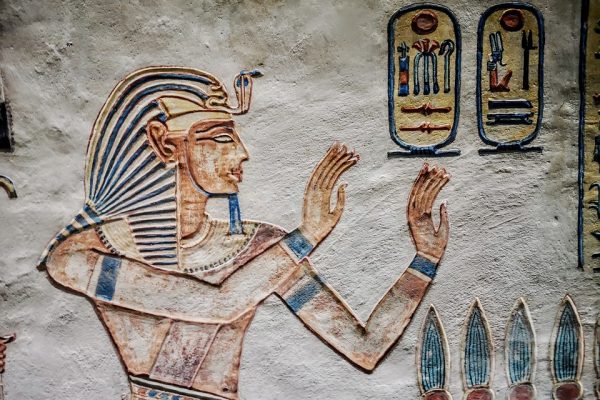The Igala people take immense pride in safeguarding their timeless heritage. This heritage, like a binding force, unites them both within their homeland and across the globe. It is heartening to witness the unwavering resilience of their culture, guiding them from the depths of antiquity into the modern era. However, the Igala language and culture stand at a crossroads, with the alarming risk of fading into obscurity. Preserving a Unique Legacy The Igala […]
Culture: Feast of the First Fruits
Since ancient times, the Igala race have routinely offered the ‘First Fruits’ of their farm-work as a sacrifice to their ancestors during the Égwú Festival. Similarly, the ancient Greek, Roman and Hebrew were known to present, through a priest, the ‘First Fruits’ of their agricultural yields. This practice underscores their commitment to ancestor veneration as a cardinal principle of the Igala Traditional Religion (ITR), which the call Ògwùchẹ́kwọ̀.
Igala Vowels Versus English Spectre
Learning a new language is a very interesting phenomenon; but, sometimes, it is not without its own downsides. More often than not, an Igala language student is faced with occasional interference, either from another language or other language varieties, mostly through code-switching. Wikipedia defines code-switching as “language alternation,” describing a situation where a speaker ‘alternates’ from one language to another without control. It is true that the Igala alphabet descended from the English alphabet; but […]
The Igala Alphabet
P.A. Ogundipe, C.E. Eckersley and M. Macaulay, co-authors of Brighter Grammar Book 1 (1983), define grammar as ‘the art of putting words in the right places.’ Igala language is richly-structured; and it is spoken with relish and a sense of national pride, In spite of its verbal fluency and poetry, the language is yet to be sufficiently described, as evidenced by the conspicuous absence of an effective Igala equivalent for the English word, ‘grammar,’ hence, […]
Claims On Igala Origin
ORAL HISTORY The quest for Igala origins gained momentum when European explorers, missionaries and colonial administrators variously carried out investigations about the Igala people; and informants fed them with stories based on oral accounts, as follows: (a) Ígálámẹ̄la Clans According to oral history, the first Igala to arrive the coastal town of Idah were now the Ígálámẹ̄la, the Igala aborigines whose […]





